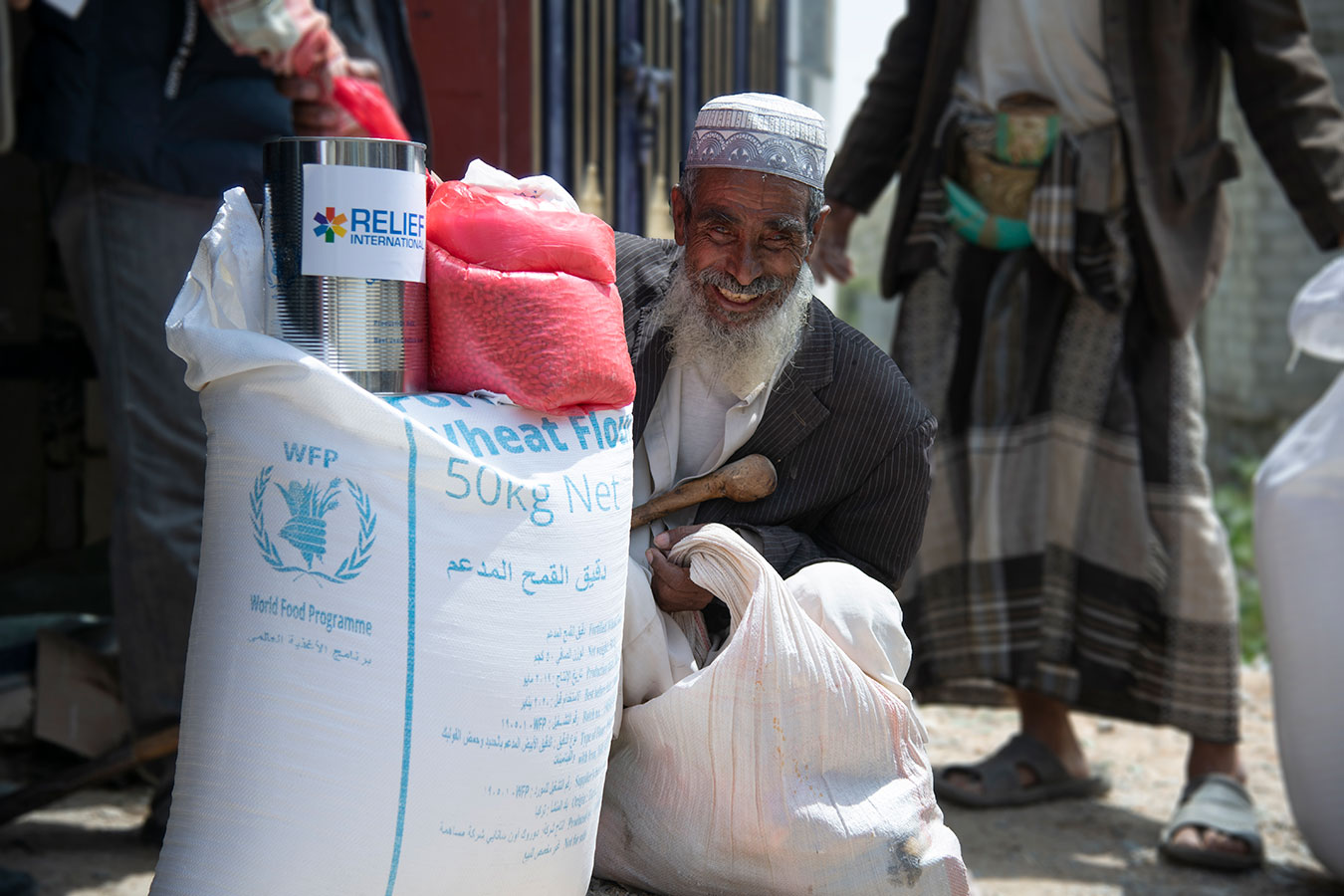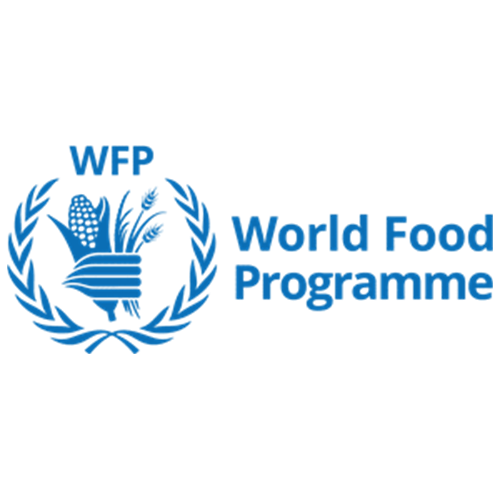The humanitarian situation in Yemen has triggered one of the world’s worst hunger crisis.
Out of Yemen’s population of 27 million, 22.7 million are dependent on humanitarian aid. Among them include 400,000 children under the age of five currently suffering from acute malnutrition.
Prior to the war, Yemen was already the poorest country on the Arabian Peninsula. Now, the economic turmoil inflicted by four years of civil war has skyrocketed the price of food and other basic staples higher than most families can afford. While food insecurity is most severe in the areas with active conflict, years of war have disrupted livelihoods and sparked high levels of unemployment across the country. The situation is so dire that many families have accumulated crippling debt in order to purchase food while others simply lack the means to do so.
With support from the World Food Programme, Relief International launched an emergency food distribution program to address mounting levels of food insecurity in Yemen’s Hajjah, Raymah, Amanat Al Asimah, and Aden governorates. In these areas, humanitarian assistance is the only factor deterring the onset of widespread famine. We have tailored our program to deliver critical food aid to the most vulnerable families using three different methods – food distributions, food vouchers, and cash-based transfers – depending on the conditions on the ground.
The infusion of food vouchers and cash transfers empowers families to contribute to and sustain local markets, especially the small businesses in Yemen that are in desperate need of support to keep operating. In areas where there are no functioning markets, our teams deliver emergency food rations directly to families through organized distributions. Overall, our program provides 94,324 people each month with the means to feed their families.
To ensure our support benefits the most vulnerable families, which include IDPs, we employ a number of safeguards such as using biometric identification technology to register and track information about our beneficiaries.

